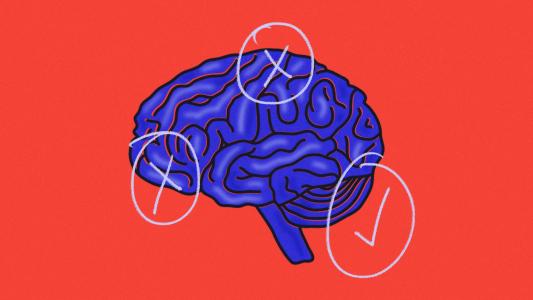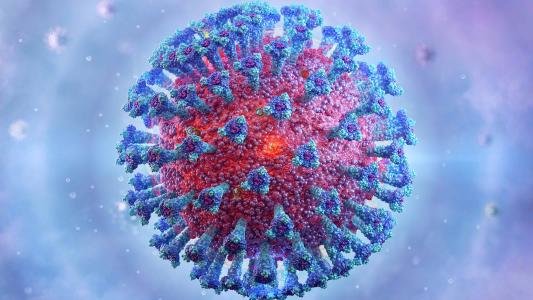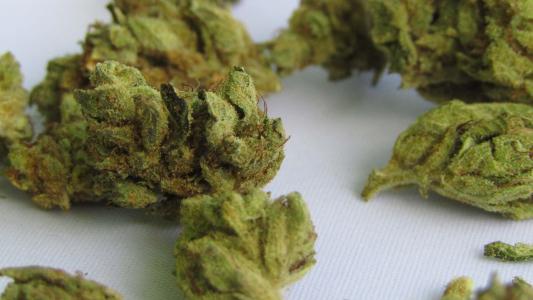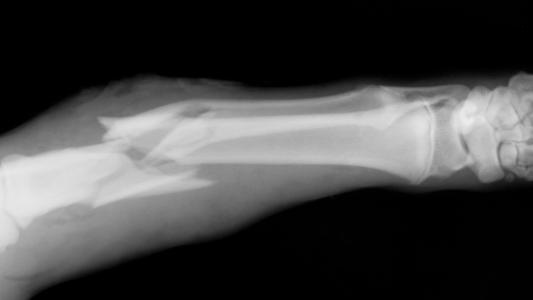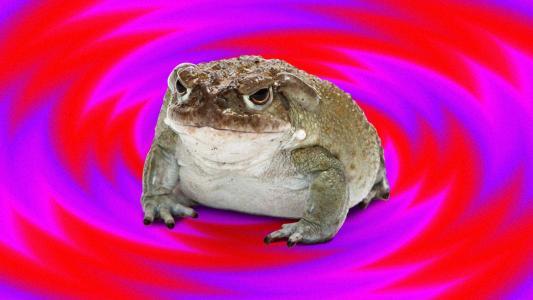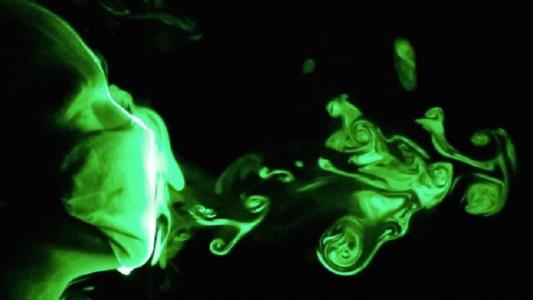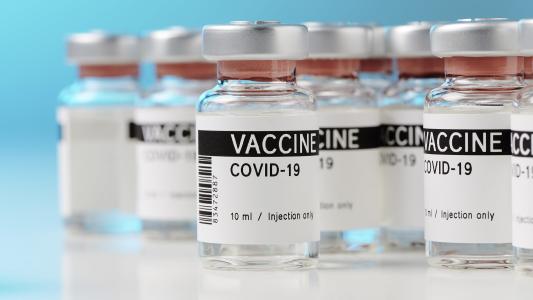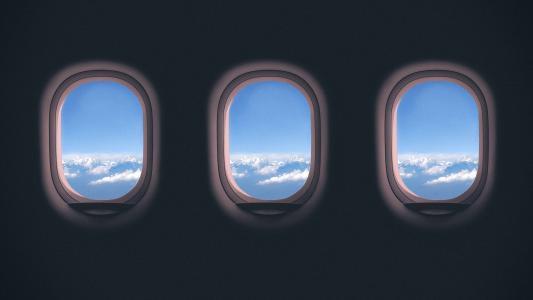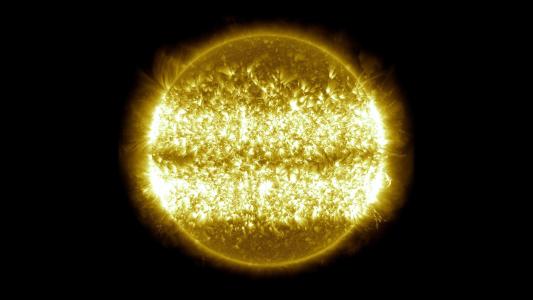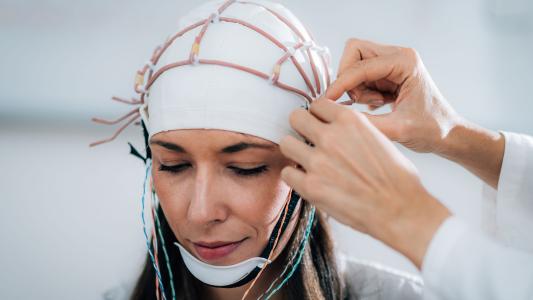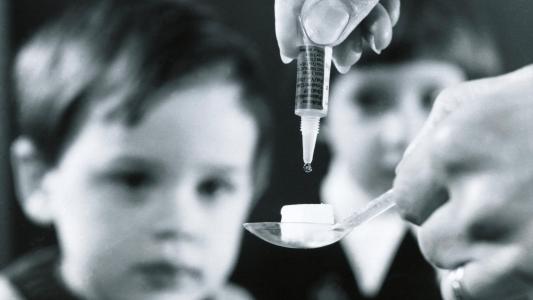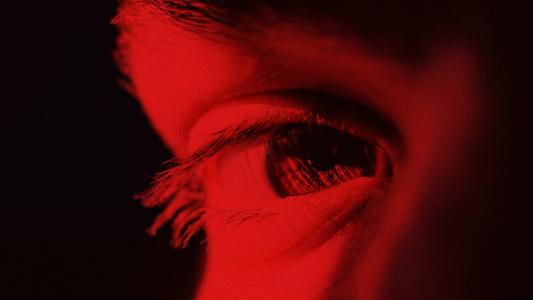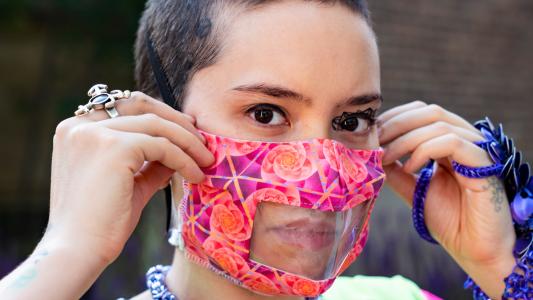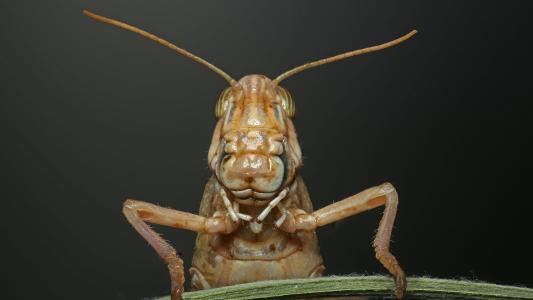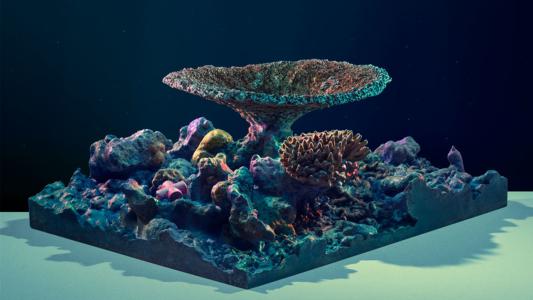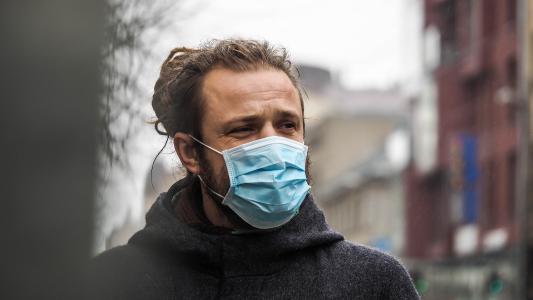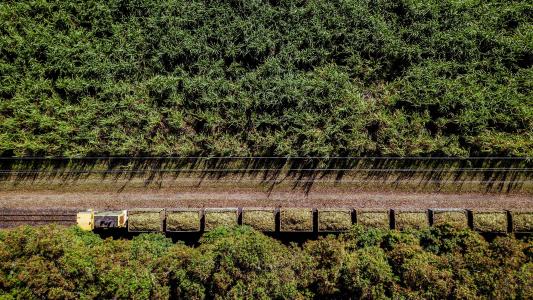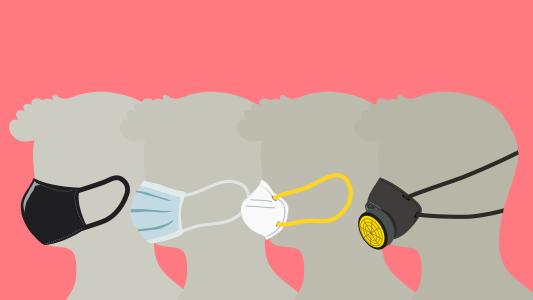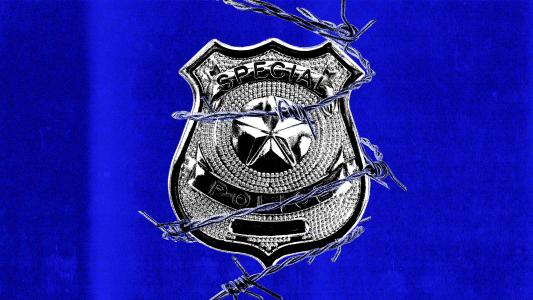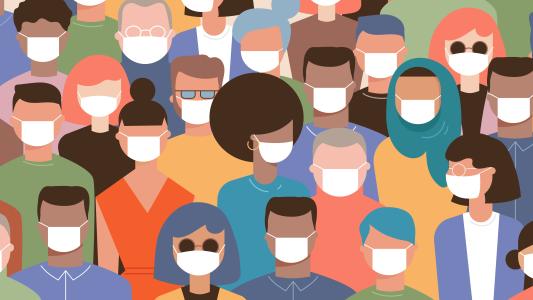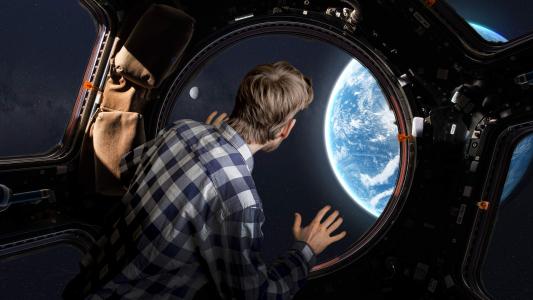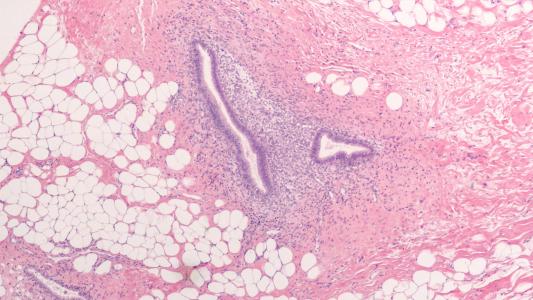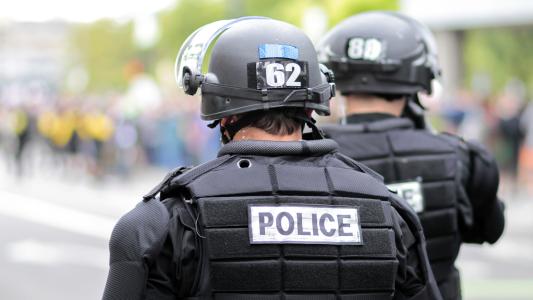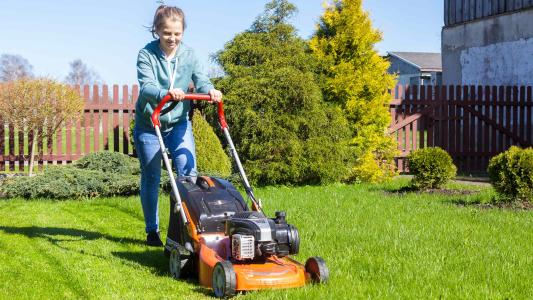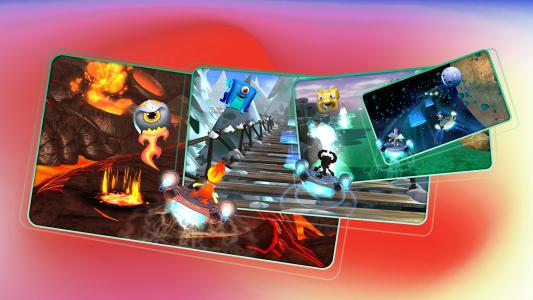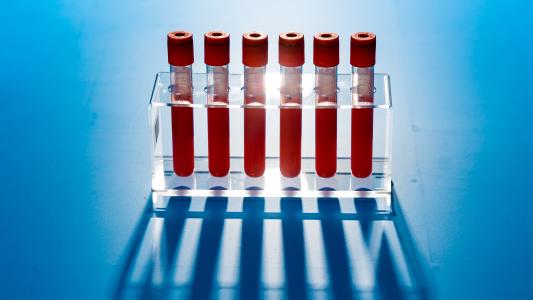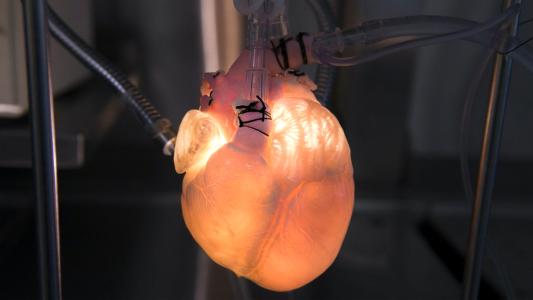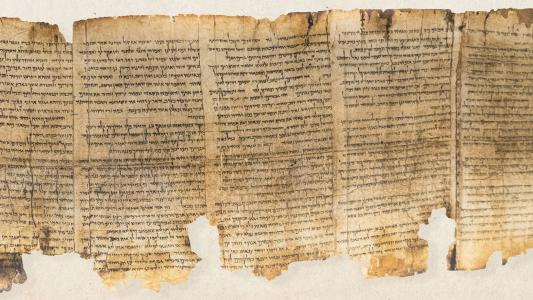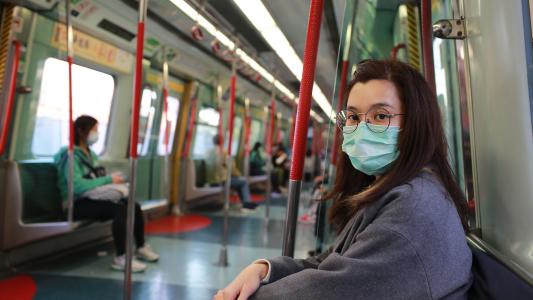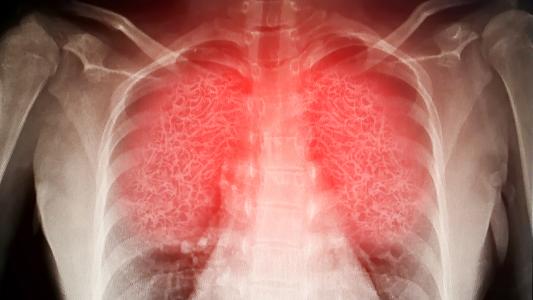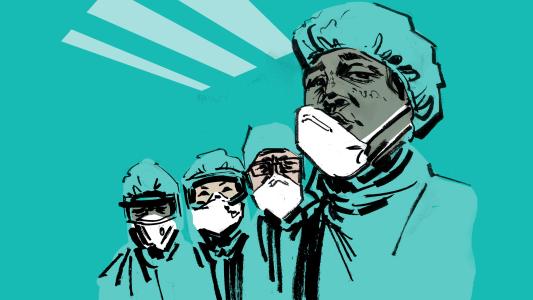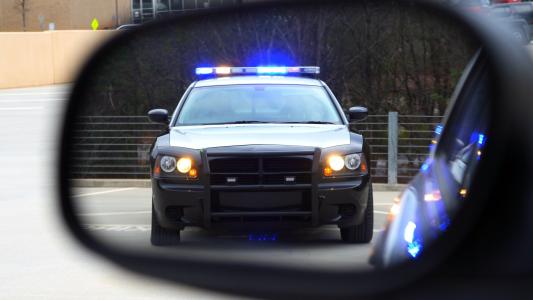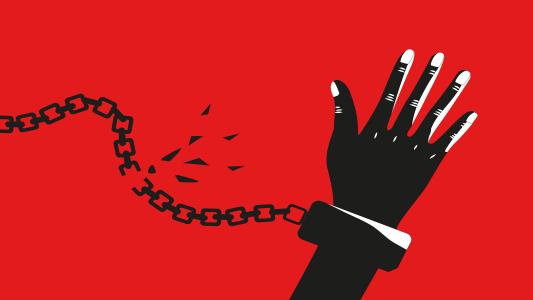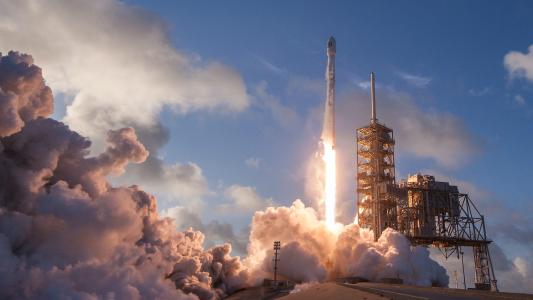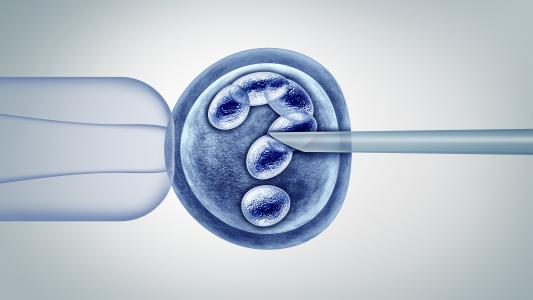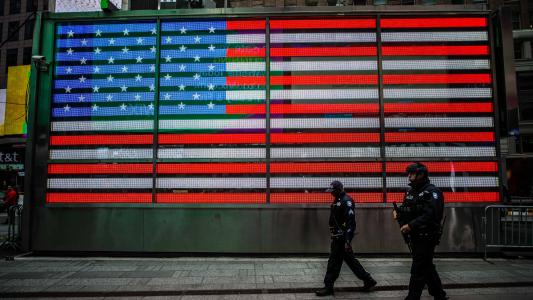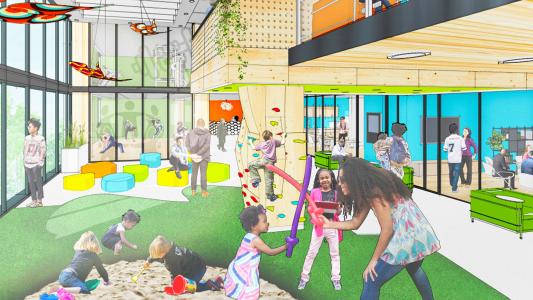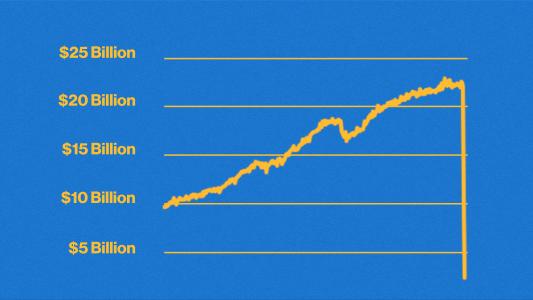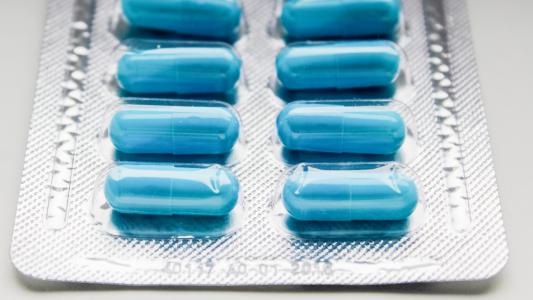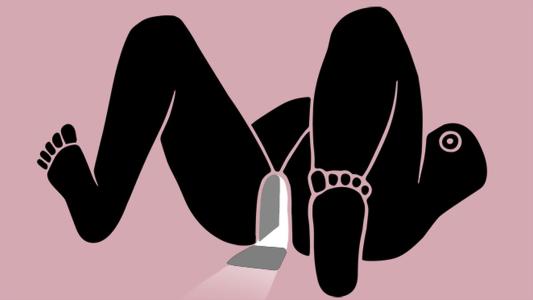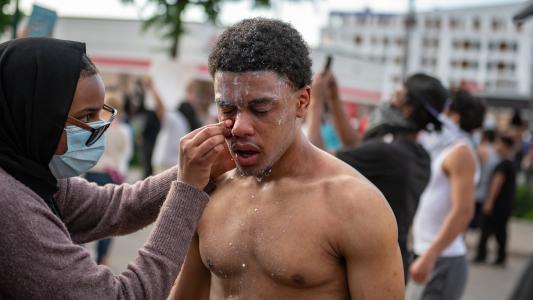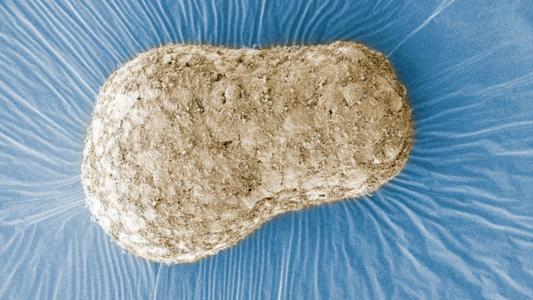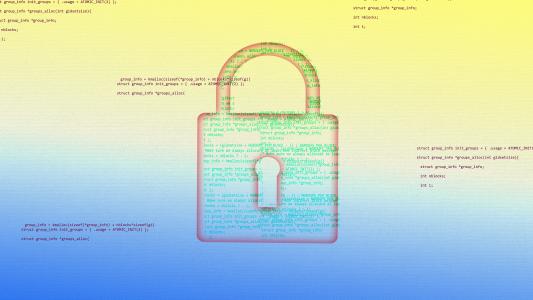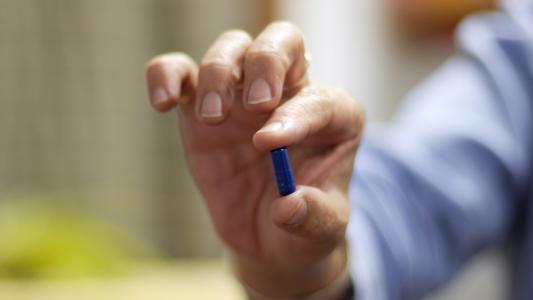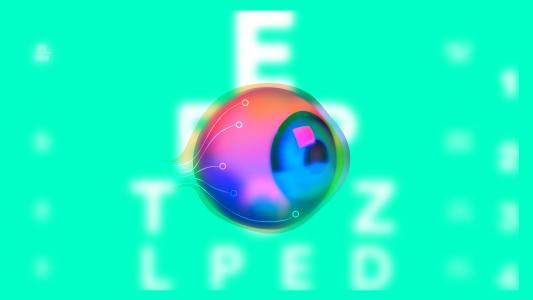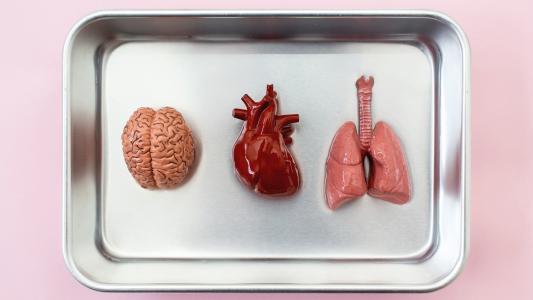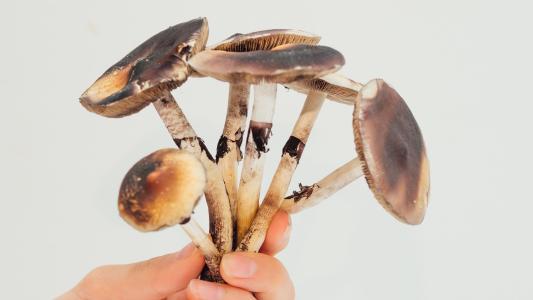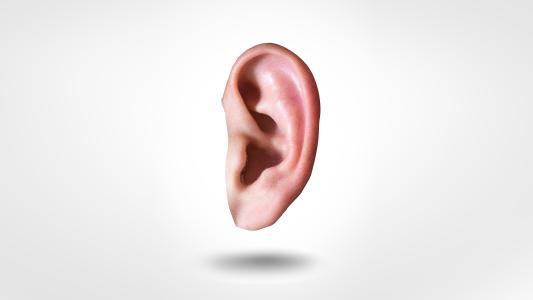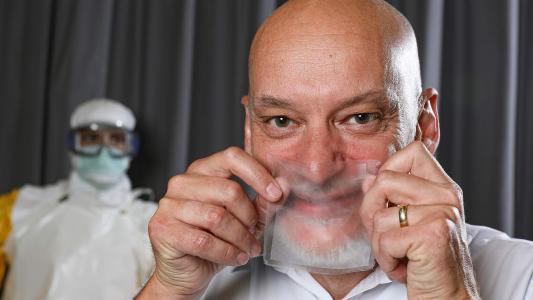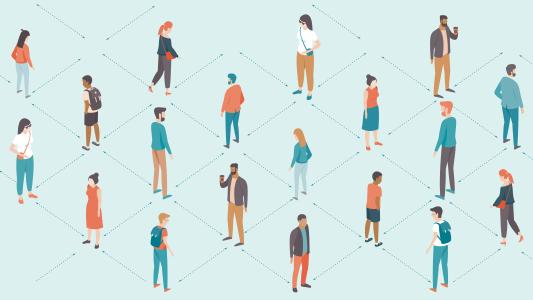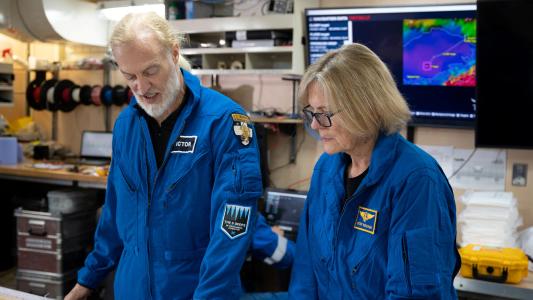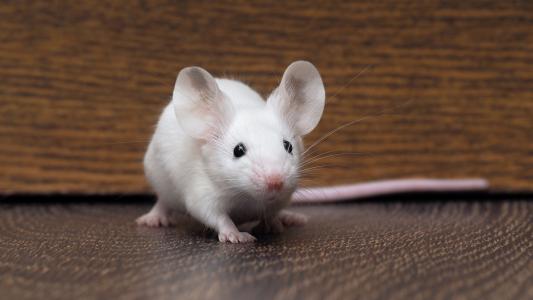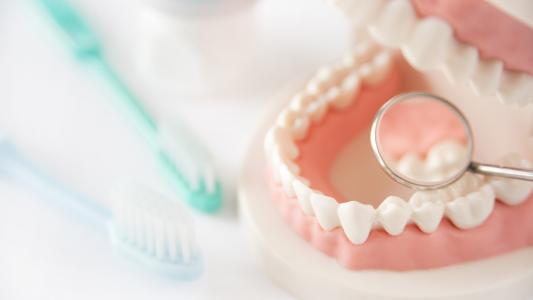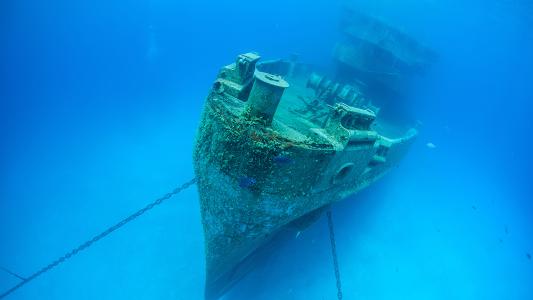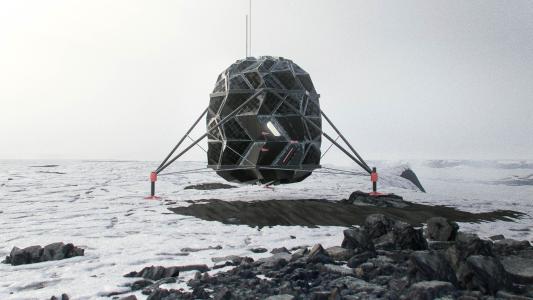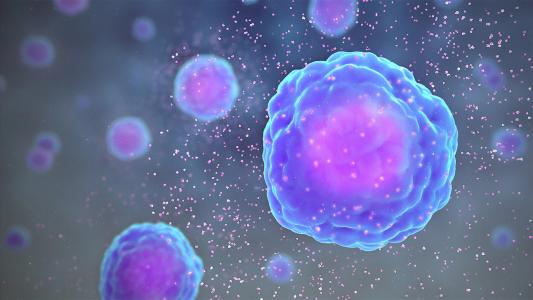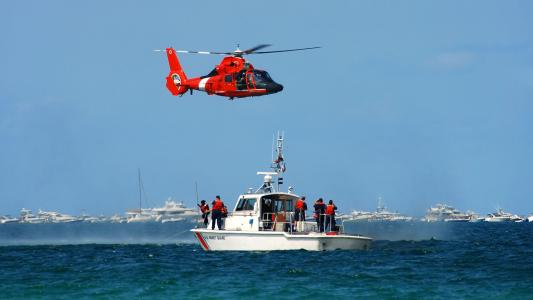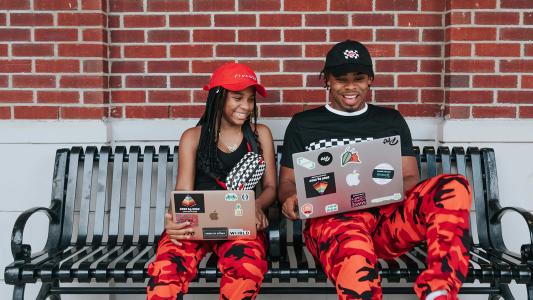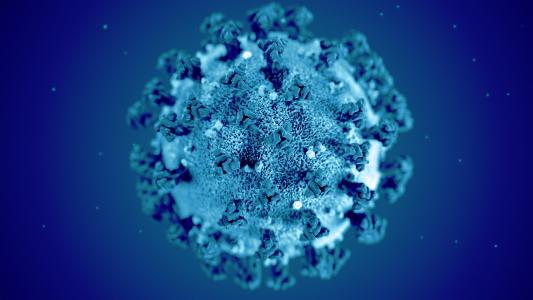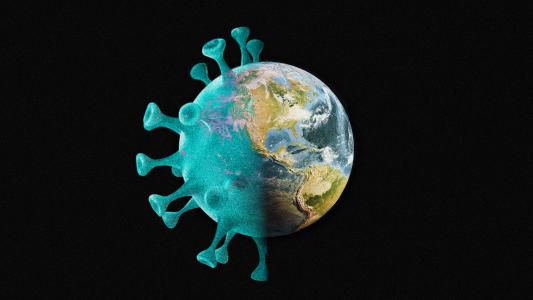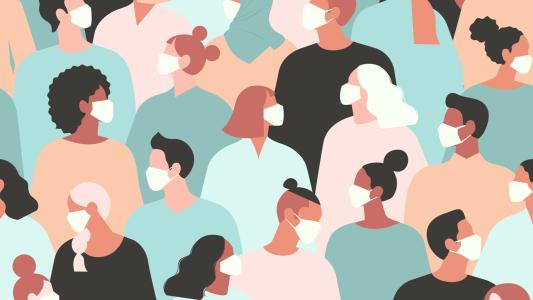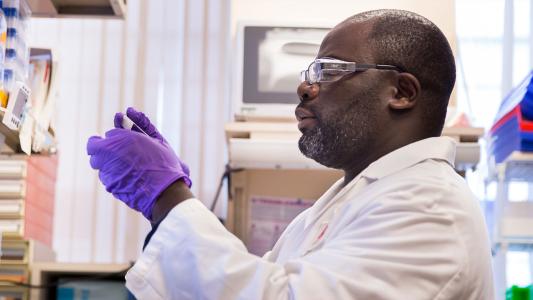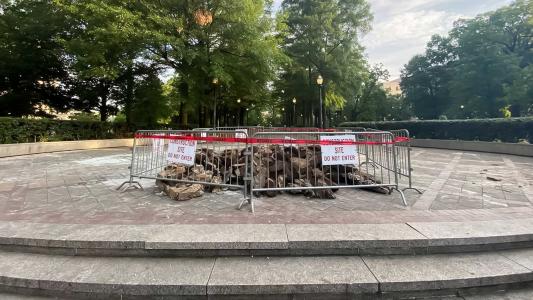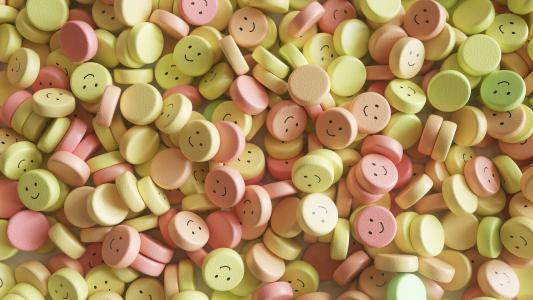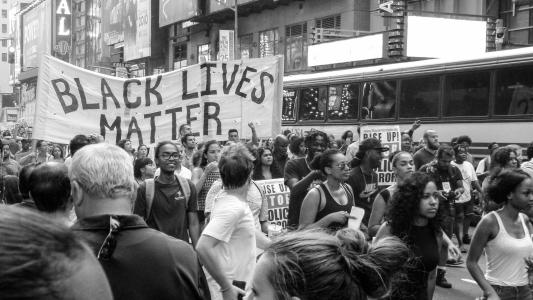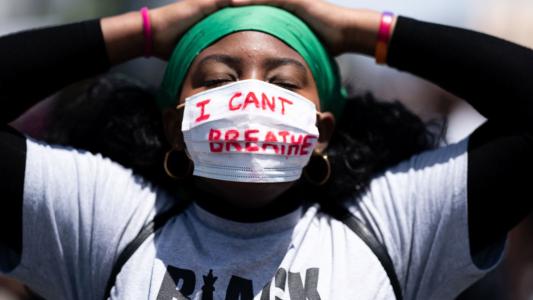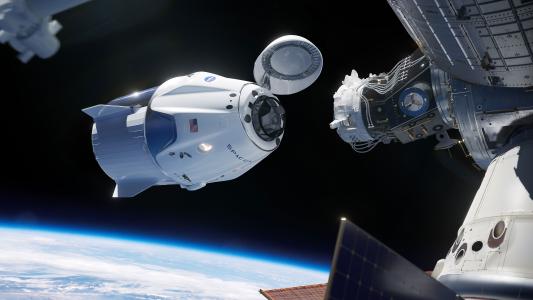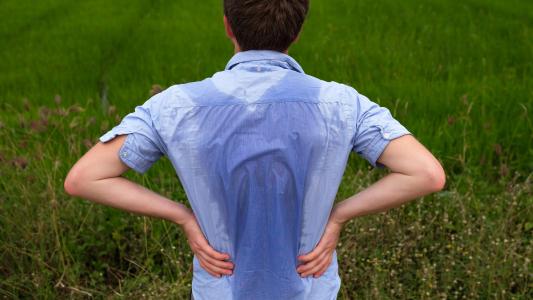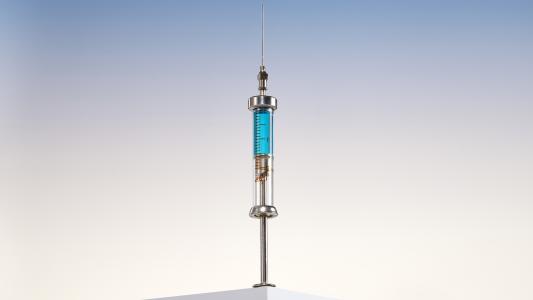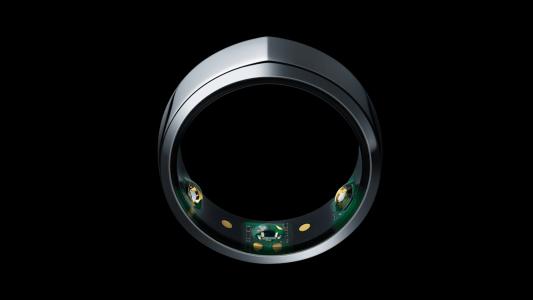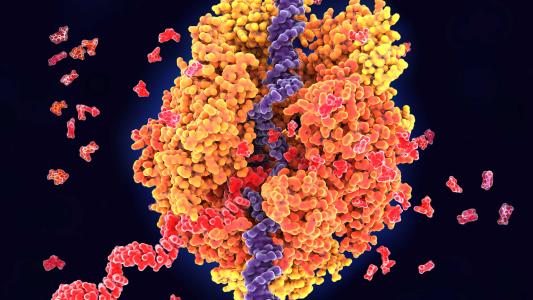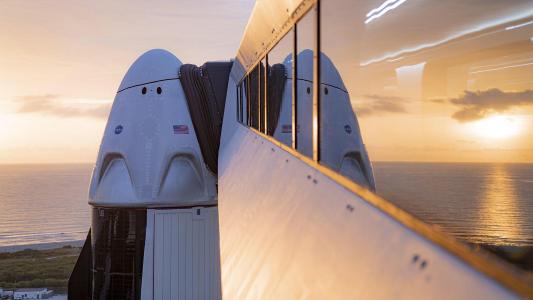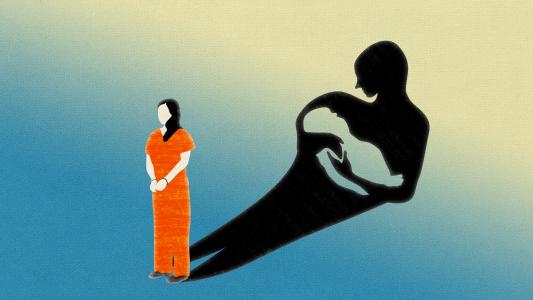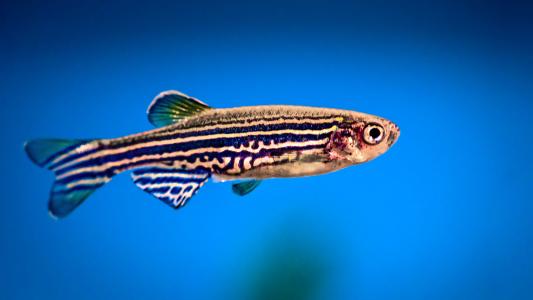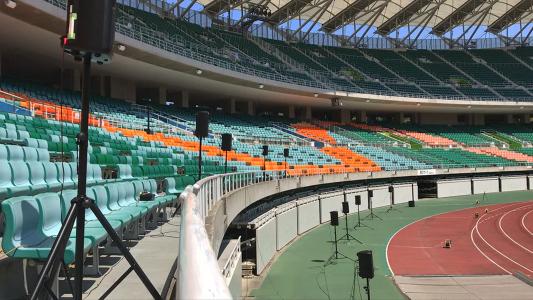Volunteers build first nationwide database of police records
Thousands of volunteers are data scraping public websites to compile police records into a single national database for researchers to mine.
New air filter for COVID-19 could lower risk of being indoors
A new air filter for COVID-19 heats up to nearly 400 degrees Fahrenheit to kill the coronavirus in aerosols.
New algorithm gives trauma survivors a "PTSD risk score"
A newly developed algorithm calculates a "PTSD Risk Score" for people seeking treatment for traumatic injuries.
Is the coronavirus airborne, and does it matter?
Is the coronavirus airborne? More than 200 scientists have told the WHO that yes, it’s likely the coronavirus spreads through aerosols.
Microdosing marijuana can relieve chronic pain
Microdosing marijuana can relieve chronic pain without impairing a person’s ability to think clearly, according to a new study.
A new way to heal badly broken bones with electrical stimulation
A new bone scaffold delivers electrical stimulation to broken bones, speeds up the healing process, and then simply dissolves into the body.
3D-printed vegan steak is heading to restaurants in 2020
Israeli startup Redefine Meat has announced the Alt-Steak, a plant-based vegan steak that it claims mimics the texture and taste of beef.
Psychedelic toad venom explained
5-MeO-DMT, a psychedelic found in toad venom, causes mushroom-intense trips that are over quick. Could it have more accessible therapeutic potential?
New images reveal which type of face mask is the best
To find out which type of face mask is the best, researchers rigged a mannequin’s head to a fog machine and then tested four masks on it.
Pfizer’s COVID-19 vaccine produces more antibodies than the disease itself
Early data shows Pfizer’s COVID-19 vaccine produces immunity as good as, or better than, recovery from the virus.
A guide to flying during the coronavirus pandemic
Flying during the coronavirus pandemic can increase your infection risk, but if you can't avoid it, here’s how to do so as safely as possible.
This 10-year time lapse of the solar cycle is breathtaking
Using images collected by the Solar Dynamics Observatory (SDO), NASA has created a stunning time lapse of the sun’s solar cycle.
Can AI predict which depression treatment is most effective?
Artificial intelligence-powered algorithms that analyze brain scans are showing promise in helping doctors find an effective depression treatment on the first try.
Can old vaccines be new weapons against COVID-19?
Well-established vaccines using weakened pathogens provide general immune benefits. Now researchers are proposing them to help fight COVID-19.
Researchers discover how to improve eyesight naturally
The world is aging, and with age comes vision decline. New research may have found how to improve eyesight in an accessible way.
What are the risks for pregnant women with COVID-19?
Pregnant women have a lot to worry about, but is stressing over coronavirus worth it? Here's the latest research.
Cracking the mystery of how insects fly — with robots
Scientists made a robot that can keep up with flying insects, helping researchers understand flight physics.
Reopening schools this fall could benefit children
Experts in favor of reopening schools as soon as possible argue that school closures could be hurting young people’s physical, mental, and social health.
This designer is making masks for people with disabilities
With special closures, see-through panels, and a riot of colors and patterns, designer Sky Cubacub is making face masks for people with disabilities.
Battling a locust swarm from space
Using data from NASA satellites, researchers are scouring East Africa for areas where a desert locust swarm might be born — so they can destroy the eggs.
3d-modeling is changing how we see deep sea corals
We don’t understand deep sea coral reefs. Photogrammetry is the first step to unlocking their significance.
The long-term health effects of COVID-19
As their numbers swell, some survivors are reporting long-term health effects of COVID-19.
Fertilizer feeds half the world. Can we make it without fossil fuels?
Fertilizer is needed to feed the world, but its production comes with a carbon footprint. This solar-powered strategy may reduce that.
Simple tips for choosing a face mask that works
To prevent the spread of COVID-19, face coverings are now mandatory in many states. Here’s what you need to know about choosing a face mask.
This magnetic sponge may be the key to oil spill cleanup
A new magnetic sponge makes the job of oil spill cleanup safer for the environment.
Qualified immunity might not protect police for much longer
The U.S. government is considering changes to qualified immunity, a doctrine that protects police from civil lawsuits.
New tech startup aims to teach more girls to code
This start-up just launched an at-home coding kit that aims to get more girls into tech.
Who is at high risk for COVID-19? Experts weigh in.
Two COVID-19 risk factors are particularly likely to increase a patient’s chances of having a severe case, according to a new CDC report.
Lasers reveal a massive Mayan civilization secret
Massive and ancient, this remnant of the Mayan civilization was hidden in plain sight — until lasers revealed it.
NASA’s plans for space tourism are becoming a reality
NASA’s space tourism plans, which include hosting private citizens on the International Space Station, are starting to come to fruition.
Nanotech endometriosis treatment could ease women’s pain
An in-development endometriosis treatment uses dye-filled nanoparticles to identify and destroy diseased tissues.
How police spend their time
The New York Times looks at how police spend their time at work, providing insights that could be useful for “unbundling the police” efforts.
These kids are mowing lawns for people in need
In the wake of the COVID-19 pandemic, Raising Men Lawn Care Service has seen a surge in youths volunteering to mow lawns for those in need.
Prescription video games for kids with ADHD could be on the horizon
With its FDA approval, EndeavorRx may mark the beginning of prescription video games for kids with ADHD and other mental health disorders.
Do police de-escalation techniques work?
The public is calling on law enforcement to find alternatives to using force. But do de-escalation tactics actually work?
Personalized blood test for cancer hunts down tumor DNA
A newly unveiled personalized blood test for cancer monitoring has a sensitivity 10 times that of existing liquid biopsy methods.
Building a factory for human organs
Tissue engineering and regenerative medicine experts are working to mass-produce human organs through the ARMI consortium.
Secrets of the Dead Sea Scrolls may be in animal DNA
Scholars' understanding of the Dead Sea Scrolls may be enhanced by an unusual source: the DNA of the animals they’re printed on.
The world's first floating 3D printed house
A group in the Czech Republic is using a 3D printing robot to construct what it claims will be the world’s first floating 3D printed house.
This gang is breaking the stereotype of the absent black father
These dads are on a mission to change the way the world views black parenthood.
Does a positive antibody test mean i’m immune? it depends.
As the conversation shifts from tracking and diagnosing COVID-19 to reopening society, people are now focused on antibody tests. But experts warn that an antibody screen may supply a false peace of mind.
How to stop COVID-19's killer cytokine storm
COVID-19 can cause a potentially lethal cytokine storm, a runaway immune system response. Researchers are studying drugs they hope can calm the storm.
Mind-blowing holograms are replacing circus animals
With pressure to eliminate circus animals, one show gets creative with holograms.
How does the coronavirus spread? Expert consensus builds
Scientists are beginning to come to a consensus on coronavirus transmission.
Your smartphone can help end police misconduct
There are now apps, websites, and phone shortcuts designed to help you not only document police misconduct, but also report and protect it.
Converting prisons into farms, community centers, and shelters
Across the U.S., prisons, jails, and detention centers are being transformed from facilities that confine people into ones that support them.
Why Juneteenth (June 19) could soon be a national holiday
Across the U.S., companies and governments are starting to officially recognize Juneteenth, the June 19 holiday also known as Black Independence Day.
Starlink internet to begin beta testing
SpaceX’s Starlink internet project promises to use satellites to improve internet access. Beta testers will get the chance to try it later this summer.
Gene therapy hailed as cure for sickle cell disease
A gene therapy that uses CRISPR to edit a patient's own stem cells looks like a “functional” cure for sickle cell disease and beta thalassemia.
Rethinking public safety: Are police always needed?
The mobile mental health service CAHOOTS handles public safety calls related to mental or behavioral health for the Eugene Police Department.
This Atlanta jail is being replaced with a "center for equity"
A decarceration project will see a 1,100-bed Atlanta jail transformed into a “Center for Equity” to serve the local community.
With US clothing sales in a freefall, Walmart sells secondhand
Consumers can now purchase secondhand clothing from a new resale store in the largest retailer - Walmart.
The first life-saving coronavirus drug is a common steroid
A large clinical trial in the U.K. identified the cheap, widely available steroid dexamethasone as potentially the first life-saving coronavirus drug.
“Pussypedia” demystifies the female anatomy
“Pussypedia” is a free, bilingual, gender-inclusive encyclopedia of highly accurate, easy-to-understand women’s health resources.
Street medics tend to protesters in the midst of a pandemic
Across the U.S., groups of volunteer street medics are dispensing medical care to police brutality protestors in the midst of the coronavirus pandemic.
Tracking animals from the International Space Station
The ICARUS project looks to use the International Space Station and special bio-loggers to begin tracking animals from space.
How will businesses keep employees safe during COVID-19?
Lockdowns are ending but the coronavirus pandemic isn’t over, so what can businesses do to keep employees safe during COVID-19?
Embryo model unlocks “black box” of human development
This ethical model of a human embryo provides a look at a never-before-studied stage of embryonic development: gastrulation.
White hat hackers are defending hospitals from rising cyber attacks
Criminals are exploiting COVID-19 to launch cyber attacks. These volunteers have grouped together to fight back.
MDMA has long-lasting benefits as a PTSD treatment
The benefits of MDMA therapy as a PTSD treatment appear to last for at least a year, according to a newly published paper.
5 must-reads on American police reform
In our weekly roundup, we take you inside the fight to reform America’s criminal justice system, exploring potential solutions to this complex problem.
We’re one step closer to a bionic, prosthetic eye
A prosthetic eye may soon be possible, thanks to new research that demonstrates how to stimulate the brain to “see.”
This model may help predict wildfires
Wildfires need dry fuel to thrive. Researchers at Stanford are working on an AI model to measure dryness to help predict, and control, the blaze.
How organoids are helping scientists fight the coronavirus
Researchers are turning to organoids — lab-grown clumps of cells that mimic human organs — in an effort to better understand the coronavirus.
Psilocybin may impact your ego center
You’ve heard about “ego death” on magic mushrooms. New research suggests psilocybin curbs part of the brain that may tie in to ego.
New 3D bioprinting method uses light to grow ears in mice
A new 3D bioprinting technique uses near-infrared light to trigger a bioink to form shapes, even when placed under the skin of mice.
Fully see-through face mask ready for mass production
The HelloMask is a fully see-through face mask made of a breathable material that offers the same protection as a standard surgical mask.
“Social bubbles” could help end coronavirus lockdowns
Computer simulations show that “social bubbles” could help us end coronavirus lockdowns without causing a dramatic increase in cases.
Genetic “off switch” may lead to new breast cancer treatment
A much-needed triple negative breast cancer treatment could center on the suppression of a single gene identified in a new Tulane University study.
The first person to reach space and Challenger Deep
Astronaut Kathy Sullivan has visited the Challenger Deep, making her the first human to reach both space and the bottom of the ocean.
Gene editing corrects deafness-causing mutation in mice
Using a promising new technique for gene editing — base editing — researchers corrected a deafness-causing genetic mutation in mice.
Scientists reveal first 3d heart model that shows heart’s neurons
Researchers built a virtual 3D heart model in unparalleled detail, mapping the neurons for the first time.
Is it safe to go to the dentist now?
Is it safe to go to the dentist now that offices are reopening across the U.S.? Here’s what experts say you should consider before making an appointment.
Exploring the ocean floor with autonomous underwater vehicles
Efficient, autonomous, and economical, the AUV is quickly becoming essential for underwater research.
Space architects are building a home to live on the moon
The space architects of Saga have developed a habitat for people on the moon. Now they want to put it to the test in the endless arctic sun of Greenland.
“That is insane”: The strange, deadly coronavirus immune response
Research suggests the coronavirus immune response is different than with other viruses. It may help inform treatments and our understanding of COVID-19.
A new way to find people lost at sea
In a search and rescue mission at sea, time is of the essence. A new model may make missions faster — and save lives.
How a prison sentence inspired a father & daughter tech startup
A father-daughter pair learned to code while the dad was in prison. Now, their startup is helping other prisoners connect with their kids.
A soaring employment rate and more COVID-19 updates
In our weekly news roundup, we take you inside the fight against COVID-19 to explore the solutions on the frontlines of an unprecedented global response.
Where did the coronavirus come from?
After analyzing dozens of coronaviruses, U.S. scientists believe COVID-19's origin story involves not one, but two animal species.
Singapore to give all residents wearables for contact tracing
Singapore is testing the ability of wearables for contact tracing to prevent an increase in coronavirus infections as it lifts lockdown restrictions.
First coronavirus antibody drug trial launches in us
An antibody drug developed to treat people with COVID-19 — and potentially prevent new infections — is now being tested in humans.
Hospitals, morgues, and drive-ins: Empty stadiums fill new purposes
Their roars dulled, empty stadiums are serving as field hospitals, supply depots, morgues, drive-in theaters … and an Airbnb.
Cities remove Confederate monuments following George Floyd protests
City officials are removing Confederate monuments in Virginia, Alabama, and several other Southern states in response to the George Floyd protests.
Ketamine discovery may lead to new antidepressants
Researchers have uncovered new insights into how ketamine affects the brain, potentially illuminating the path to new antidepressants.
Where the George Floyd protests (and responses) have been peaceful
The George Floyd protests remained largely peaceful in these cities, with protestors and law enforcement occasionally even standing shoulder to shoulder.
Seeking justice for George Floyd
Articles, thought leaders, and organizations worth paying attention to following the murder of George Floyd by police in Minnesota.
Tracking the Crew Dragon: Docking with the ISS
On May 31, a SpaceX Crew Dragon with two astronauts onboard docked with the International Space Station, marking a milestone in spaceflight.
New health wearable measures sweat to track your mood
An app that works with a wearable wrist sensor to track how much a person sweats could change how we harness the power of biodata in the future.
New drug could provide long-term HIV prevention
HIV prevention typically requires a daily pill. A new, injectable drug may be able to work for over a month at a time.
Wearables can detect coronavirus symptoms early
A study involving more than 600 people found that the Oura Ring wearables can detect coronavirus symptoms 72 hours prior to onset with 90% accuracy.
Gamers are helping find COVID-19 vaccines
Developing COVID-19 vaccines is a challenge. RNA platforms show some promise, but overcoming their drawbacks requires help — perhaps from a video game.
Tracking the Crew Dragon: Liftoff
SpaceX’s Crew Dragon had a successful liftoff from Cape Canaveral on May 30, marking the beginning of the historic Demo-2 mission.
Fighting to get breast pumps to mothers in prison
Breastfeeding isn’t a right afforded to mothers in prison. One former inmate wants to change that.
This company is using beer yeast to make psilocybin
Brewing the magic in Psilocybe cubensis is difficult at scale. One Danish company thinks beer yeast may be the answer.
Japan ends state of emergency, seniors DJ from home, and more
In our weekly news roundup, we take you inside the fight against COVID-19 to explore the solutions on the frontlines of an unprecedented global response.
Freethink recognized with 11 Telly awards
This year, Freethink was honored to receive 11 Telly Awards for excellence and creativity in storytelling.
Prosthetic leg uses AI to adjust to different terrains
A new computer vision system developed to work with a prosthetic leg predicts the type of terrain ahead so that the limb can adjust accordingly.
How GMO zebrafish could inspire new infertility treatments
By genetically modifying zebrafish, researchers have discovered a sex hormone that could lead to future infertility treatments for humans.
New app lets sports fans cheer (or jeer) athletes remotely
Yamaha’s “Remote Cheerer” system lets sports fans stuck at home during the pandemic use an app to make noise at live sports facilities.


